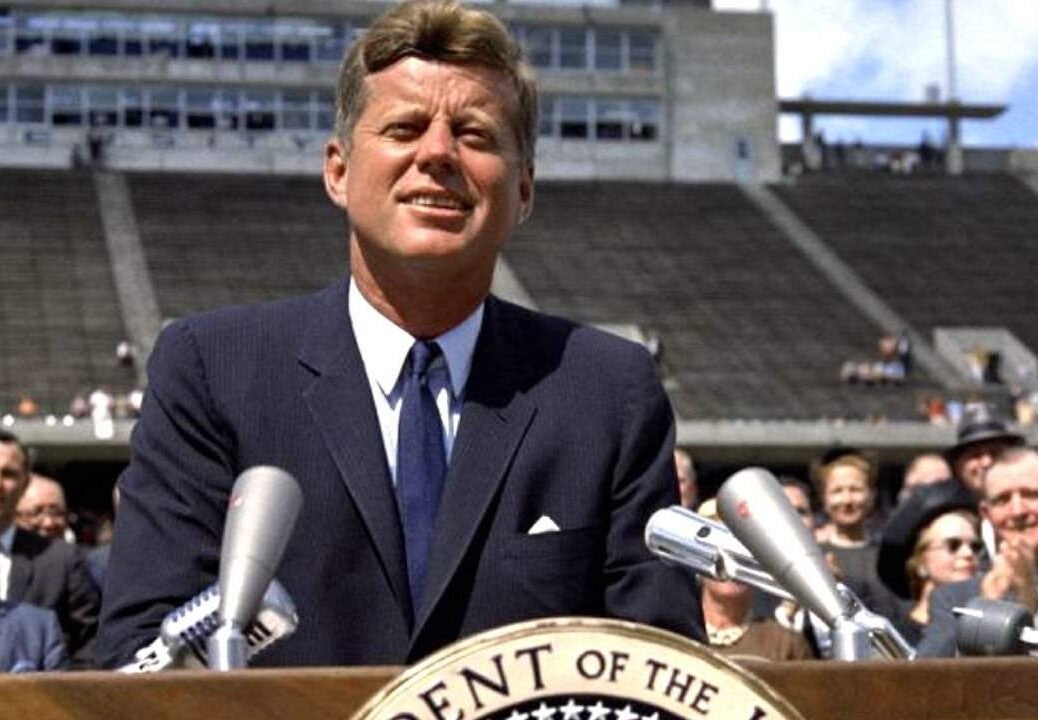
New technologies are being introduced at rapid speed, the latest marvel being digital versions of celebrities. We need to regularly update our wills to take into account personal and technological changes, writes Tom Deely
Former US President John F Kennedy (JFK), speaking in June 1963, declared, ‘change is the law of life and those who look only to the past or present are certain to miss the future’. Looking to the future and worrying about what will happen to your assets after you die is not a particularly cheerful topic. However in accordance with the old adage, the only certainties in life are death and taxes, and it is important to give regular thought as to how your estate will be managed after your death.
It is perhaps human nature to associate wills with death and thus the making of a will as a consideration for later in life, to push back until one is ‘at death’s door’. However, in today’s society, early estate planning is more important than ever, as change can be so rapid and so drastic.
Take developments in computer graphics, for instance. These have led many celebrities deciding to change their wills, with the specific intention of including constraints as to the use of their digital selves after their death. Last week, the speech JFK was due to make on the day he was assassinated was reconstituted by UK special effects company, CereProc; and according to reports, Hollywood is working on ideas that feature older actors, such as Harrison Ford and Sean Connery, playing opposite digital creations of their younger selves.
The need to review your wills to address change is not limited to the celebrity sphere, however. Changes in family arrangements, where second and third marriages are more commonplace, and the increase in property prices, often result in an increase of adult children living in the family home for longer. This gives rise to a need for individuals to regularly consider how best to ensure their estate passes in accordance with their wishes.
Wills enable an individual to exercise control over how their estate is managed and administered, and ensure certainty as to who is to benefit from their estate. Whilst making a will does not (and cannot) ensure that a dispute will not arise out of an estate, making a will in clear and unequivocal terms can minimise the risk of such disputes later in time.
It is also advisable to prepare a letter of wishes to accompany a will. A letter of wishes, although not binding on the executors, allows an individual to explain the reasoning behind the terms of the will and to set out their intentions in a more personal manner. This can help prevent assertions from disgruntled beneficiaries as to ‘what the deceased would have wanted’, as in estate disputes; the best witness is no longer alive.
There is no exhaustive list to ‘tick off’ when making a will. A key consideration is to factor in as many ‘what ifs’ as possible. In order to keep pace with change, and the inevitable ‘what ifs’ that arise and develop over time, it is sensible to review a will, and any testamentary intentions, on a regular basis.
Tom Deely is an associate in the trust and estate disputes team at Russell-Cooke Solicitors






